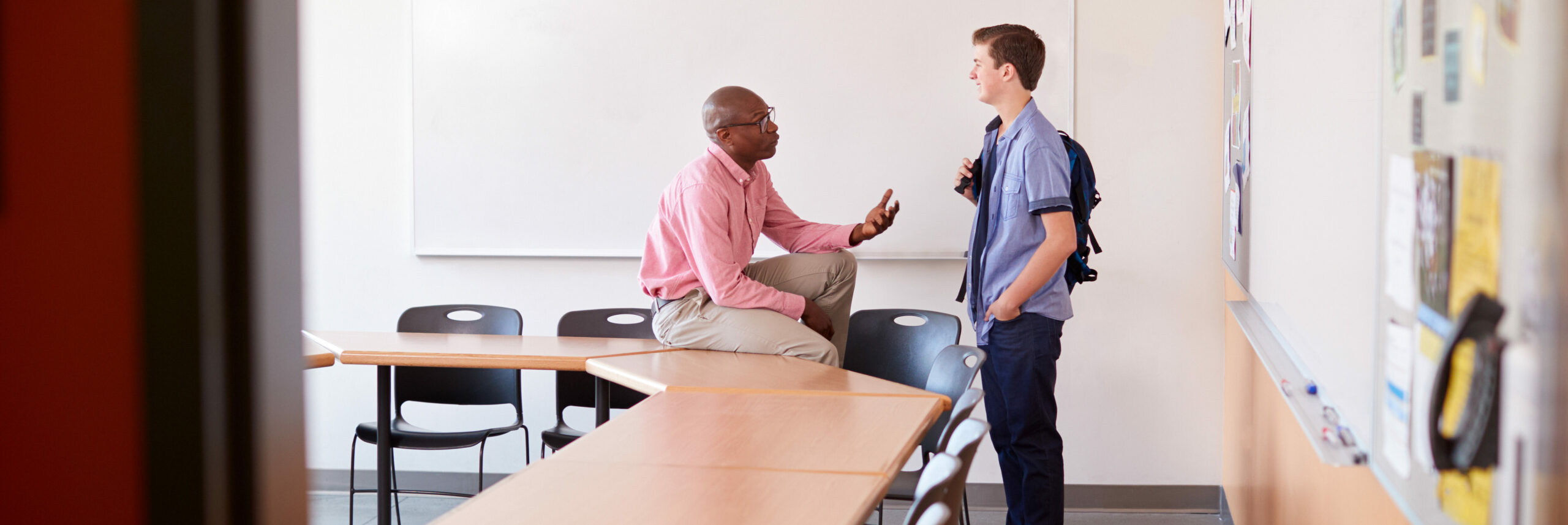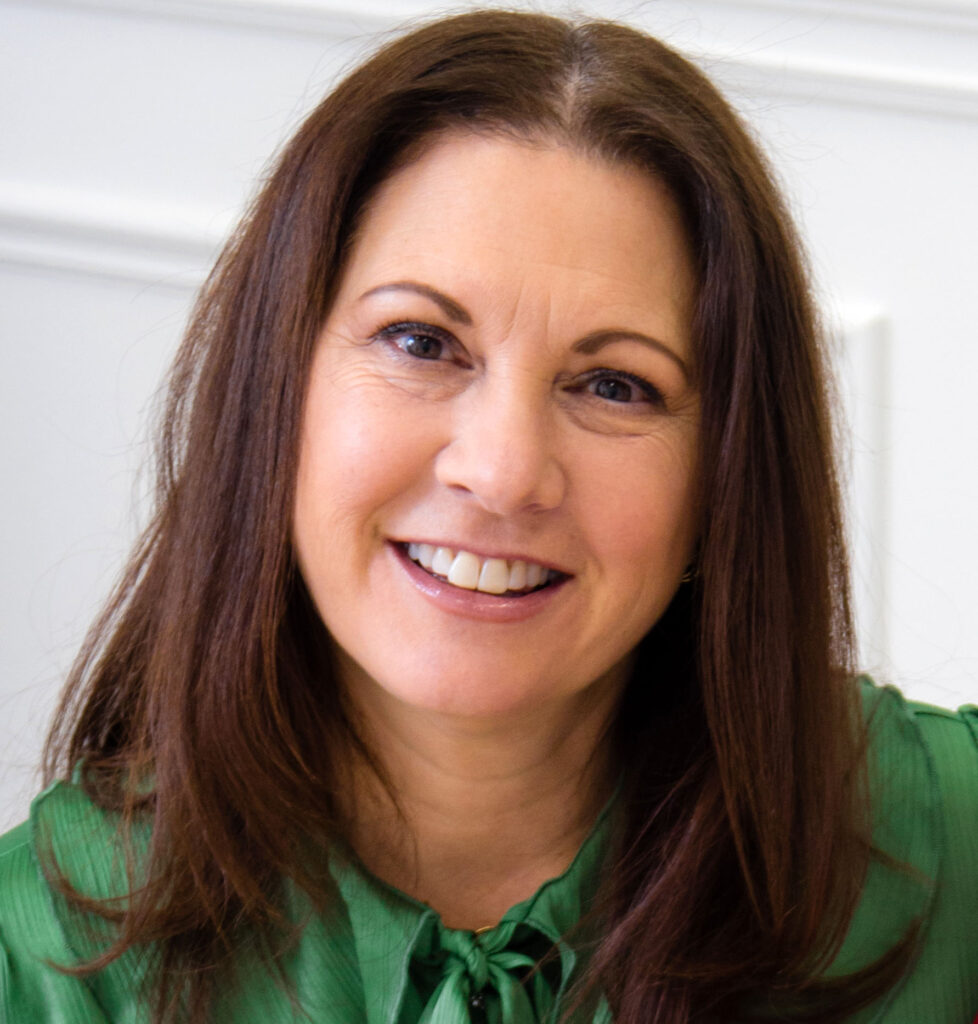
By Angela Ward
Professional Learning in the Faculty of Education has introduced four new Technological Education Additional Qualification (AQ) courses and is merging classroom learning with on-site sector experience to address the shortage of high school teachers with these qualifications.
Technological Education encompasses 10 broad-based technologies with four of these in-demand courses being offered by York University as Additional Basic Qualifications (ABQs). Ontario teachers can now earn a new “Tech Ed” qualification in the following areas with more planned for the near future: green industries; health care; hospitality and tourism; and hairstyling and aesthetics. These new Tech Ed AQ courses allow teachers to expand and extend their knowledge, so they can design and deliver programs to the next generation of talent for in-demand careers.

“If technological education teachers have trade or sector experience, such as nursing, these Additional Basic Qualification courses support them in translating their specialized knowledge and experience to classroom teaching and learning,” says Anna Jupp, director, professional learning, Faculty of Education. “Our courses are designed to help educators create student programs that not only meet Ontario curriculum expectations but inspire students to pursue careers in the skilled trades.”
The creation of the new courses results from a shortage of teachers who have the training and qualifications to teach these subjects, which has been a growing issue for years. Areas such as hospitality and tourism require specialized sites such as kitchen facilities, which can be a logistical and costly challenge for course providers. Accessing the latest technology is also a challenge, as teachers need to have access to tools and equipment in these areas to be trained in safely using the tools of the trade, so that students can also be taught.
Typically, 125-hour AQ courses are structured in a fully online format, where candidates sign in at various times to complete their coursework. In contrast, these Tech Ed AQs offered Jupp and her team a new way to restructure the way educators learn in their chosen broad-based technology. While those enrolled may or may not have sector experience in their chosen field, the Tech Ed AQs are structured to account for 60 hours of traditional learning and 65 hours of experiential learning.
“There have been challenges in the last several years when it comes to technological education in high schools,” Jupp explains. “We’ve seen a lot of technological education classrooms being dismantled. High schools had carpentry or mechanic shops and kitchens but because of low enrollment among students and a shortage of qualified teachers to teach these subjects, these classrooms were shut down.”
Both education and the government are preparing teachers and students for future jobs in the skilled trades, highlighting experiential education and technical skills. Jupp notes that the Ministry of Education recently announced that to obtain a secondary school diploma, students will require at least one technological education course to graduate, starting in September 2024.
“It’s important that teachers be trained, so that students get excited about the trades and get the opportunity to explore them at the high school level,” Jupp says. “This way, students with an interest or talent in the trades can start thinking about this option for their post-secondary path.
“In thinking about equity and different pathways, it’s important to provide not only options but opportunities for those who are university-bound and those considering a future in the skilled trades. In education, we’ve been looking at ways to offer possibilities for both routes."
The technological education additional qualification courses help to build the necessary skills, knowledge and expertise of teachers and feature a custom Moodle Learning Management System (LMS) platform. This offers users a balance of both flexibility and structure as the courses are a blend of online (both synchronous and asynchronous) and in-person learning. The 65-hour sector experience component is unique to York and to all technological education courses across Ontario.
“We’re proud of our design,” Jupp says. “We included subject matter experts, such as teachers who hold both experience teaching these courses and experience working in their tech sector. The course developer for the health care course, for example, is both a health-care teacher and a former nurse, bringing with her a wealth of sector and teaching experience.”
Their Moodle LMS design “allows for the initial development of a course,” Jupp notes, “but also provides instructors with the opportunity to customize the course they’re teaching based on the needs of their students. We’ve designed a course where instructors and candidates meet online synchronously once a week for five weeks. Online is preferred since candidates are participating from all over Ontario and attend these classes in the evenings. While facilitated by an instructor, these AQs allow for a highly collaborative environment.”
After the class, candidates complete Moodle assignments or activities which reflect the topic of the evening and connect back to the classroom. Within their chosen sector, candidates job shadow to earn their 65 hours of sector experience in a placement through the approval of their instructional leader.
Jupp sees the hands-on learning element in technological education courses as key. “Some providers in the province offer similar courses but went the fully online route, which I think leaves a gap,” Jupp says. “Educators need hands-on experience of knowing how to use the tools and equipment such as properly sanitizing hairdressing tools. They need to know how to effectively transfer this knowledge in a classroom setting.”
The Office of Professional Learning in the Faculty of Education has been offering AQ courses to Ontario educators since the mid-’90s and are proud to now offer over 100 additional qualifications. These technological education courses and their innovative format are their latest development. Jupp and her team say they are looking forward to always finding new ways to offer their high-quality, in-demand courses in ways that bring the best learning experience to educators possible.
